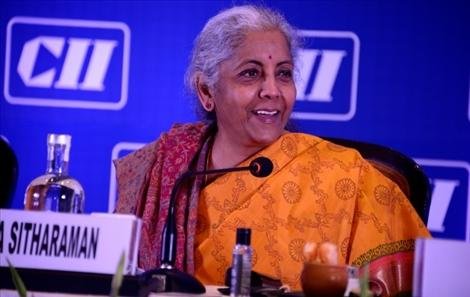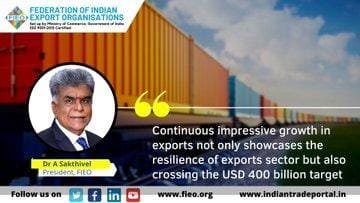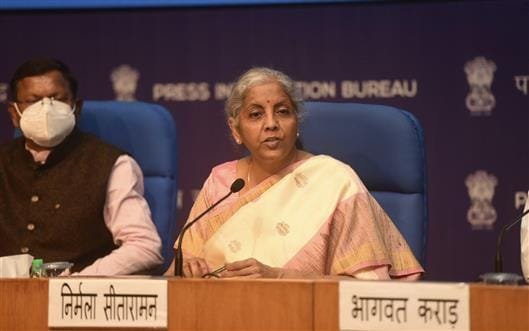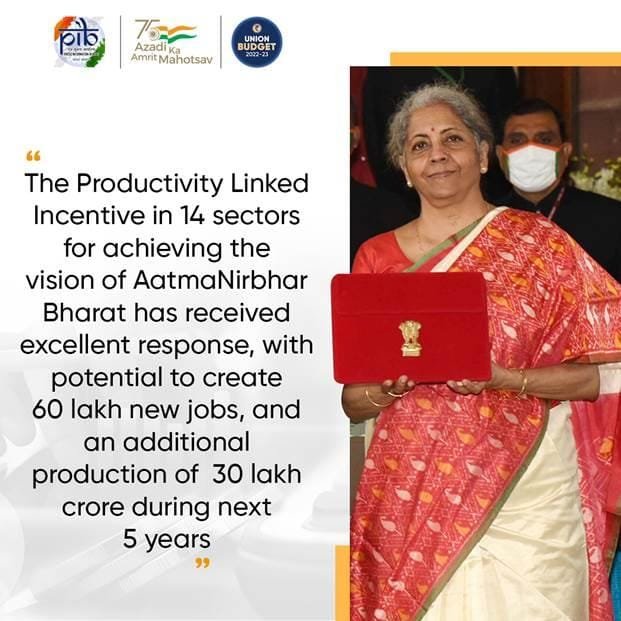Mehta welcomes issuances of sovereign green bonds and PLI policy for solar modules for decarbonising the economy
The Budget 2022-23 has clearly delivered on preparing the economy for growth and the much higher allocation for capital expenditure will have a multiplier effect on the economy and help in sustaining the higher pace of growth, FICCI President Sanjiv Mehta said in welcoming the budget on 1 Feb 2022.
“Higher investments in the core sectors will lead to greater demand across industries, push up the capacity utilisation rates and consequential private capex, create more jobs and, through higher incomes, reinforce greater consumption and demand.
“This is the virtuous cycle of growth we need, and the budget has clearly delivered on preparing the economy for the same,” he said.
Another positive seen in the budget is the support being offered to the stressed sectors of the economy. The subsequent waves of the COVID-19 pandemic have had a debilitating impact on the MSME sector and the contact intensive industries.
By extending the Emergency Credit Line Guarantee Scheme for one more year and allocating an additional Rs.50,000 crore for the hospitality sector, the government has provided the much-needed relief that was sought by industry.
“We are also encouraged to see that the CGTMSE Scheme will be revamped with additional infusion of funds. A review of the CGTMSE scheme could improve cash-flow based lending by banks, to enable more MSMEs to get access to formal credit without collateral,” he said.
The budget also focused squarely on the issue of sustainability. “Following the Prime Minister’s announcement of making India net-zero by 2070, we are happy to see several measures being announced to enable this transition.
“Technology and finance are the two key requirements to help industry make the needed changes and move towards a low carbon development path.
“With a huge thrust on renewables, initiatives like a battery swapping policy and issuance of sovereign green bonds, PLI policy for solar modules the budget takes us a step forward towards decarbonising the economy,” said Mehta.
“Some of the other suggestions from the constituents of FICCI that found a place in the budget include the extension of the concessional tax rate period for new manufacturing units by one more year, introduction of surety bonds in place of bank guarantees, setting up of digital banks, introduction of a central bank digital currency and promoting indigenisation of India’s defense imports.
“Finally, we do hope that the Finance Minister will keep some flexibility in the budget allocations and if need be, enhance the same,” he said.
This is particularly true for the social sectors such as healthcare and education, where spends need to be enhanced as well as on direct benefit schemes like NREGA, Pradhan Mantri Gareeb Kalyan Yojana etc.
Also, specific interventions are needed for incentivising research and development in sectors like Healthcare, Pharmaceuticals, Greentech, Biotech and futuristic areas like AI, ML, IoT among others.
“We will continue to engage with the Government on these issues,” he assured. fiinews.com










